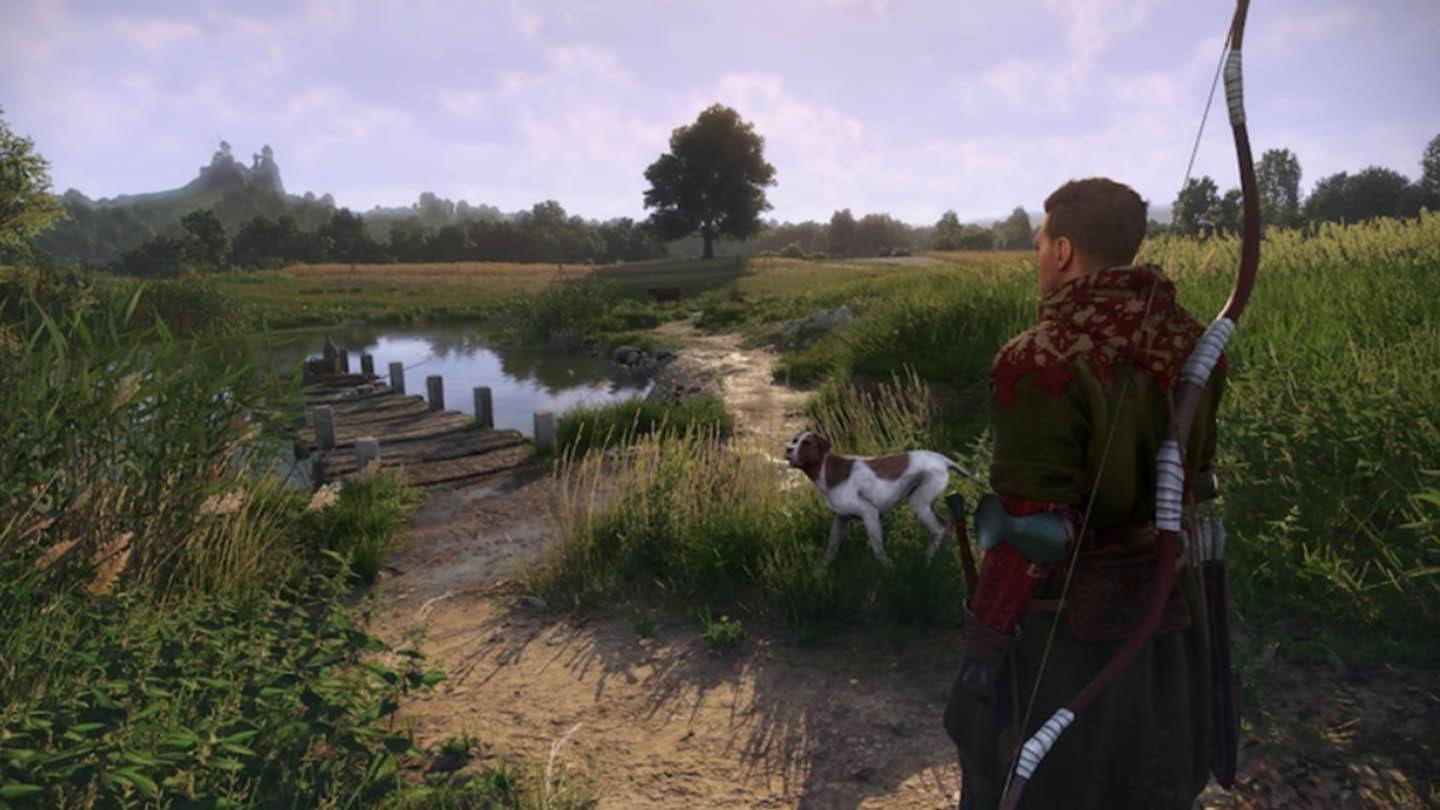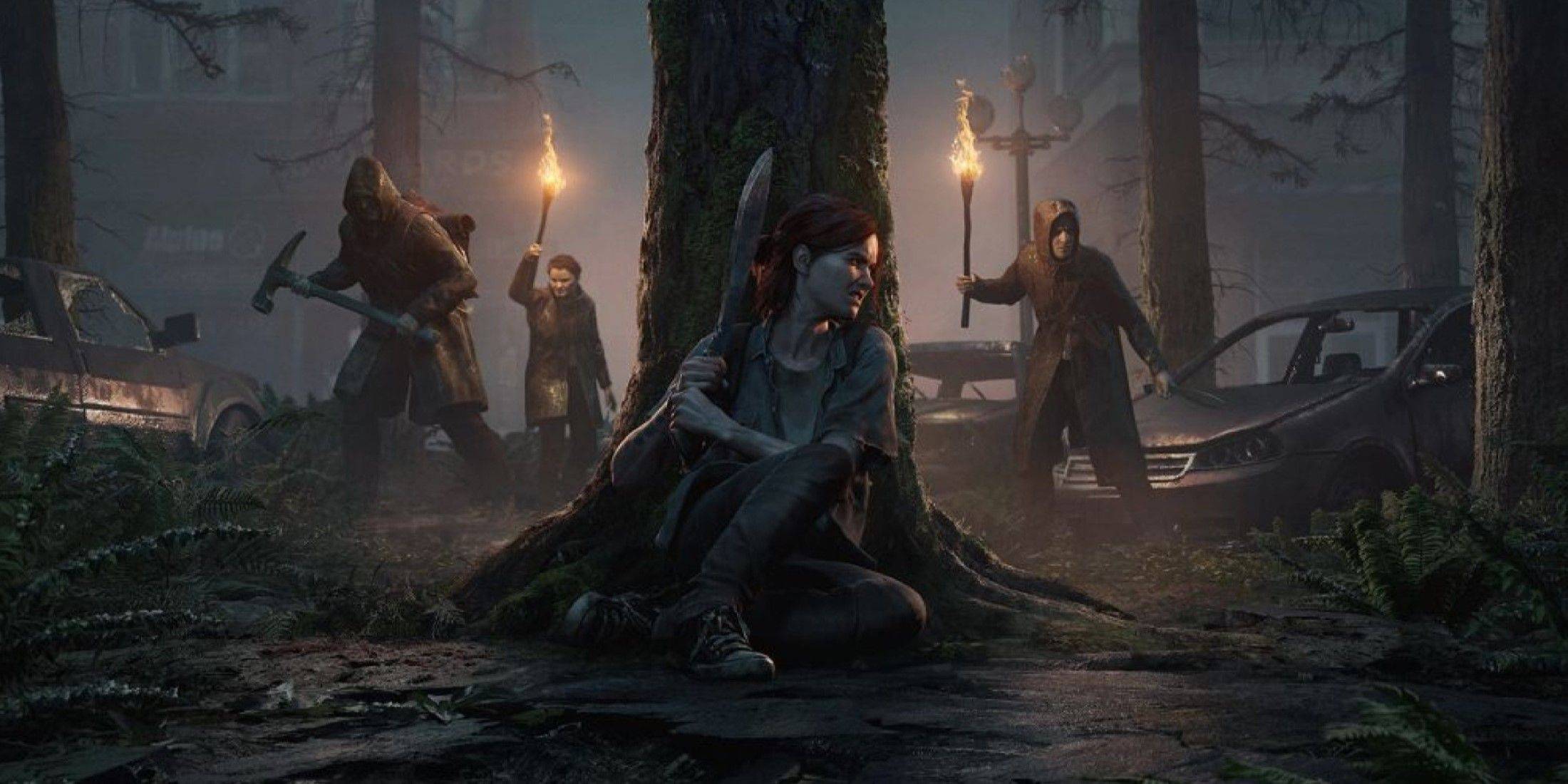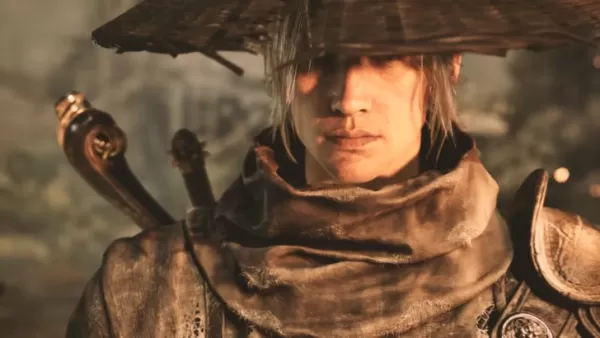Iwan's 2024 Top Mobile Games: Mostly Balatro
- By Patrick
- May 26,2025
As we approach the end of the year, it's time to reflect on the "Games of" and my choice for discussion is Balatro. While it may not be my absolute favorite, its significance and success merit a closer look. If you're reading this on the scheduled date, it's likely December 29th, and the name Balatro might conjure thoughts of its numerous accolades. From winning Indie and Mobile Game of the Year at The Game Awards to securing Best Mobile Port and Best Digital Board Game at the Pocket Gamer Awards, Balatro has undeniably captured the gaming community's attention.
However, the game's success has also sparked confusion and some frustration among players, particularly when comparing its simple visuals to more visually dynamic games. Despite these reactions, Balatro's achievements underscore why it's my pick for Game of the Year. Before delving deeper into this, let's acknowledge some other notable releases and stories of the year.
A Few Honourable Mentions
- Vampire Survivors' Castlevania Expansion: The long-awaited inclusion of iconic Castlevania characters into the game has been a thrilling addition, especially after teases and collaborations with other franchises like Contra.
- Squid Game: Unleashed is Free for All: This move by Netflix Games could set a new precedent, allowing more players to experience the game without traditional monetization, potentially drawing in new viewers.
- Watch Dogs: Truth Audio Adventure Released: While not a groundbreaking release, Ubisoft's choice to explore an Audible-only adventure for the Watch Dogs series is an interesting direction, especially considering the franchise's challenges in finding its footing.
Clowns to the Left of Me, Jokers to the Right
My personal experience with Balatro has been a mixed bag. On one hand, it's incredibly engaging, yet I haven't mastered its mechanics. The game's demand for deck optimization in later stages has proven challenging, and despite my many hours of play, I've yet to clear a run. However, from a cost/benefit perspective, Balatro represents one of the best investments I've made in gaming in years. For just $9.99, it offers a captivating roguelike deckbuilder that's easy to play and not overly demanding, though not quite the ultimate time-waster like Vampire Survivors.
Visually and mechanically, Balatro delivers a polished experience. Its lounge muzak and sound effects create an immersive loop that's refreshingly honest about its intent to keep players engaged. Yet, despite its well-documented virtues, some still question its success.
"But It's Just a Game-!"
While Balatro has faced criticism, it's not the most scrutinized game of the year—that honor might go to Astrobot after its Game of the Year win at The Game Awards. Yet, Balatro's success confounds many due to its simple design and lack of flashy visuals or gacha mechanics. It's a straightforward card game that executes its concept exceptionally well, reminding us that a game's quality should be measured by its gameplay and innovation, not just its visual fidelity.
It's What's Inside That Counts
Balatro's success across PC, console, and mobile platforms underscores a vital lesson: you don't need high-budget, cross-platform features to succeed. With relatively low development costs, LocalThunk has created a game that appeals to a broad audience and proves that simplicity and style can triumph over complexity. My struggles with Balatro highlight its versatility—some players optimize their decks meticulously, while others, like myself, enjoy it as a more relaxed pastime.
In the end, Balatro's success reaffirms that you don't need to be a visual powerhouse or filled with high-octane gameplay to make an impact. Sometimes, being a bit of a joker is all it takes.

Latest News
more >-
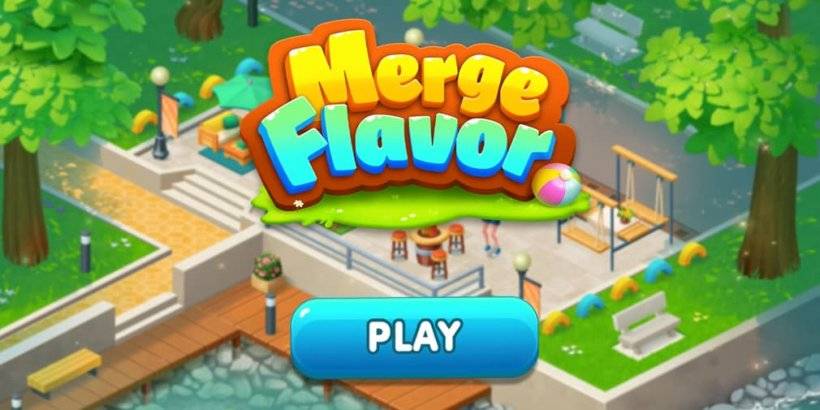
-
-
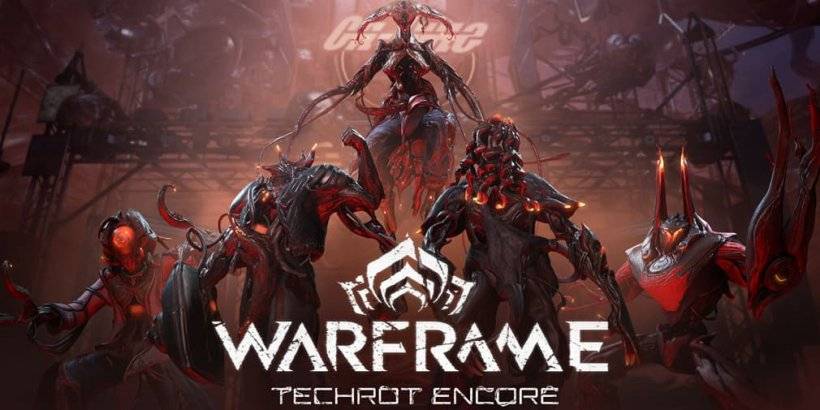
-
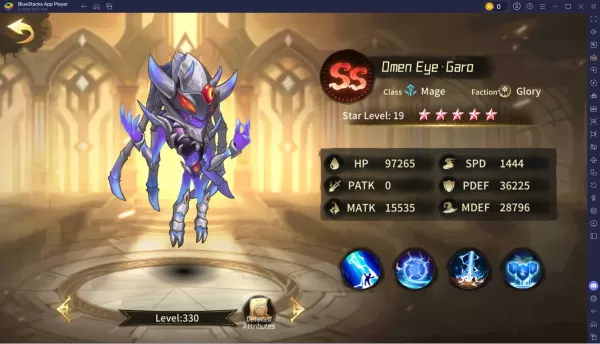
- Top Heroes Ranked in Chaos Tier List
- Dec 19,2025
-
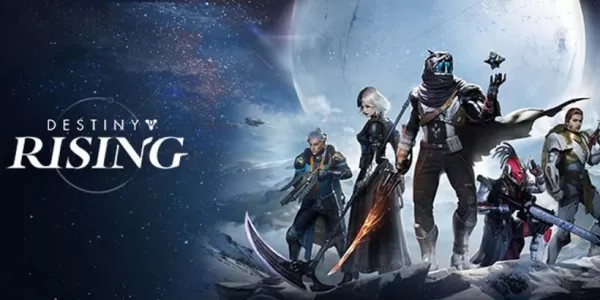
- Destiny: Rising Pre-Load Available Before Launch
- Dec 19,2025
